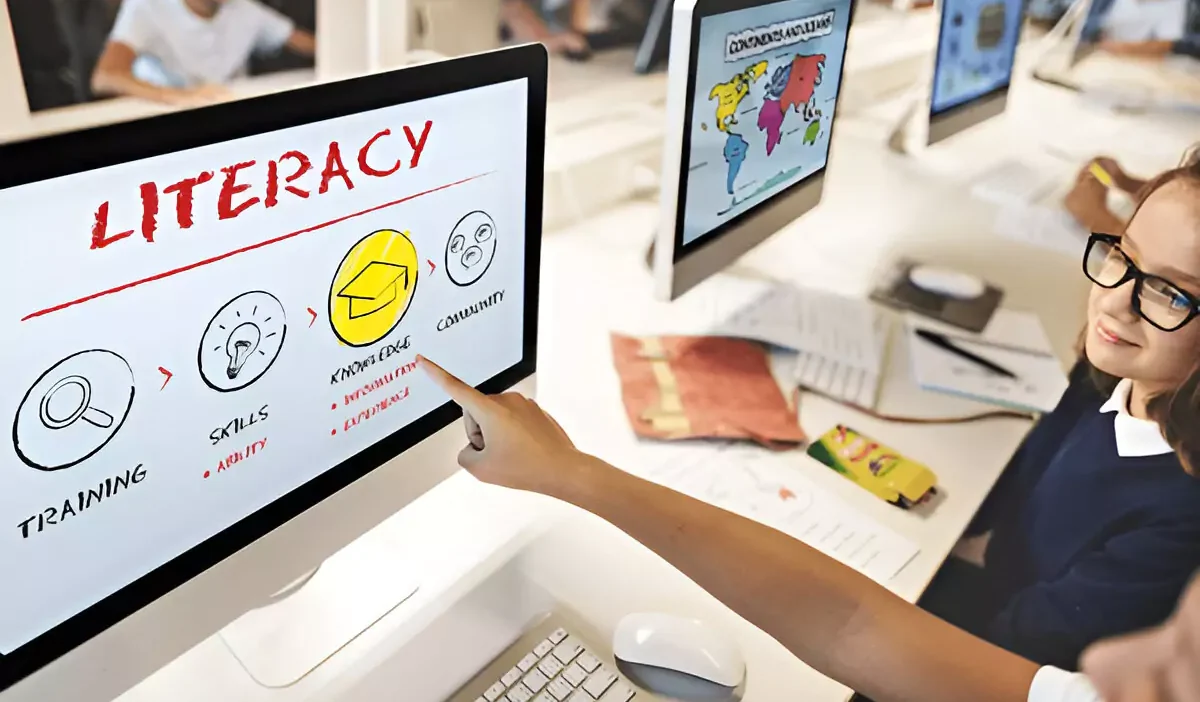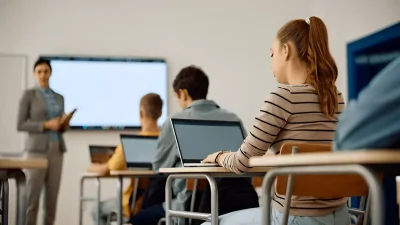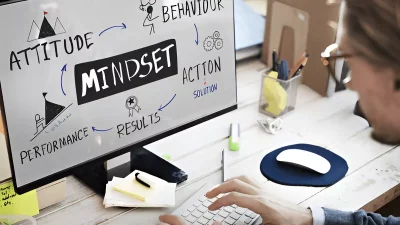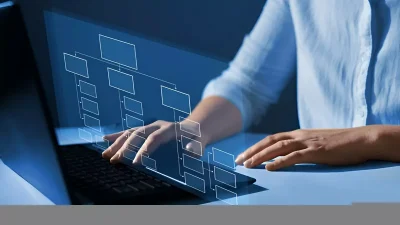As technology increasingly melds with education, the concept of being “digitally literate” has evolved from a trendy buzzword to a necessity for students. But being digitally literate is not just about knowing how to use a device or a piece of software, though that’s no small thing, but also how to approach the digital world both effectively and thoughtfully.
This blog takes a closer look at what it means to embrace the right mindset of a digital literate learner, why this is important, and how students can develop these characteristics.
What Does it Mean to Teach the Digitally Literate Student?
The term digital literacy, in the broader sense, is defined as the ability to find, shape, evaluate, and communicate information via digital technologies and media. But it runs much deeper than mere technical skills. Digital literate student is a mindset students’ attitude which combines technical skill with critical thinking, ethical sense, and adaptability to new technological developments that are continually transformed by digital environments.
A Digital Literate Mindset Encompasses a Number of Important Aspects:
Critical Thinking on the Digital Frontier
It is essential to know how to assess the reliability of online sources, realize what is misinformation, and differentiate fact from opinion. “They also don’t believe everything they read online; they are able to question:
- Who is the source?
- Is there bias in the data?”
Do we have any true things to support this view?
An Attitude of Mind Towards Learning
Students can read and interpret the new media of the digital world: They know it’s not the same as it was last year, and need to be ready for new technological advancements in the years to come. They look at new apps, platforms, and tools as a curiosity, not a threat, and embrace technology hitches as a way to learn.
Respecting Digital Ethics
Understanding digital footprints, protecting online privacy, expressing cyber etiquette, and acknowledging the work of authors are key components of a responsible digital mindset. They can only add value to online societies if they have ethical minds.
Farm Collaboration and Communication
It also refers to the ability to collaborate with our peers and educators on virtual platforms effectively, to communicate in a decent manner with others as a member of the digital society, and learn how to share our ideas with our world.
Flexibility in the Changing Digital World
In its relentless pace, technology can already quite literally make today’s skills obsolete tomorrow. Digital literacy students are flexible enough to use, learn, and succeed in new virtual spaces.
Why is Mindset So Important?
The proper mindset of the digitally literate student will produce not only academic success but lifelong flexibility. So why is an attitude of curiosity so important?
Education- and Career-Related Challenges
From schools to universities to the workplace, digital resources are being integrated at every level. With online learning platforms such as Zoom, Google Classroom, and work tools like Slack, Notion, and Microsoft Teams, the mindset helps us to easily navigate these environments. For example, employers now look for candidates who can adapt to evolving technologies and solve problems in a digital-first environment.
Battling Misinformation
There’s a lot of content on the internet, but not all of it is true. And 82% of middle school students struggled to tell the difference between a credible news article and a piece of sponsored content, according to a 2020 study by Stanford University. If you do not have the right digital literacy mindset, students are at risk of being deceived by the internet, including scams, fake news or bias news.
Training People to Behave Ethically Online
An ethics-forward approach helps make online spaces safe, respectful, and safe for all. A student who recognizes netiquette understands the importance of being considerate and courteous to others in digital spaces, preserving their privacy and respecting others’ work by not even unintentionally plagiarizing.
Thriving in Self-sufficient Learning
Students who were digitally literate tended to be more self-directed learners. And with access to digital resources, such as educational videos, research papers, and online courses, these students can also deepen their learning at their own pace. But if they’re not able to think critically about those resources, they might be wasting time on misinformation or irrelevant information.
Creating a Healthy Online History
A student’s digital communications become part of their long-term online reputations. The right mindset will make their privacy tamper-proof; that also means they’re building a positive and relevant digital footprint for college and career purposes.
How to Develop the Best Mindsets for Digital Literacy
The correct mindset is not something students innately possess, but something that can be developed through direction and practice. This is how students can begin to develop this way of thinking:
Develop Analytical Skills
To be critical consumers of digital content, students need to ask themselves questions like:
- Who wrote this content and why?
- Is this a credible source, or is there bias?
- Multiple sources reporting this?
Encourage the use of fact-checkers such as Snopes and FactCheck.org to confirm questionable information.
Remain Curious and Willing to Learn
A commitment to digital literacy necessitates a willingness to look into new tools, cultivate new techniques, and face the discomfort of not knowing. Whether that’s testing the waters of coding through platforms such as Codecademy or getting to grips with presentation tools such as Canva, so long as students approach these as valuable learning experiences.
Dedicate Time to Digital Organization
Grown-ups: The ability to work with files, take advantage of cloud storage, and juggle calendars is a must-have skill. Students who have quick and convenient access to their materials spend less time trying to locate their resources and more time learning.
Practice Digital Citizenship
Creating a culture of ethical design is crucial. Students should:
- Learn about copyright laws and properly source digital content.
- Keep strong passwords and privacy your privacy online.
- Behave appropriately toward others when you are communicating online and avoid torturous behaviors like cyberbullying.
Master Digital Collaboration Tools
Software such as Zoom, Trello, Slack, and Microsoft Teams can help students work together online. But you will need good communication abilities to not twist (or be twisted) your wires when you go remote.
Keep Up with Digital Trends
Following technology blogs, participating in online conversations, and keeping up with changing digital resources helps students be ready to handle whatever comes next.
Educators and Schools’ Role in Instilling the Correct Mindset
Educators and institutions are responsible for fostering in students the attitude of the digitally literate. This includes:
Embedding Digital Skills in the Curriculum
Digital skills should be ingrained, not as something that comes after a lesson, but part and parcel of every subject. For instance, challenging youth to identify topics on their own that they would then search for on the internet, teaching them how to assess the legitimacy of online sources.
Ethical Education Online
Educational programs or classes on cyber ethics, rules, or laws, misuse, and prevention of cyberbullying can train ethics.
Connecting Students to Tools and Resources
Institutions can help close the digital divide by providing access to tech and training for groups that may otherwise fall behind.
Get Ready For the Digital Future of Marketing
The world is becoming increasingly digital, and the need for a digitally literate student is no longer a preference. By providing students with the right critical thinking skills, moral discernment and flexibility, we help them build a foundation for lifelong success, both academically and professionally.
Are you, or someone you know, interested in advancing digital literacy?
Begin with this kind of thinking, then check out educational programmes aimed at digital skills development. Let’s build a brighter digital world together.



